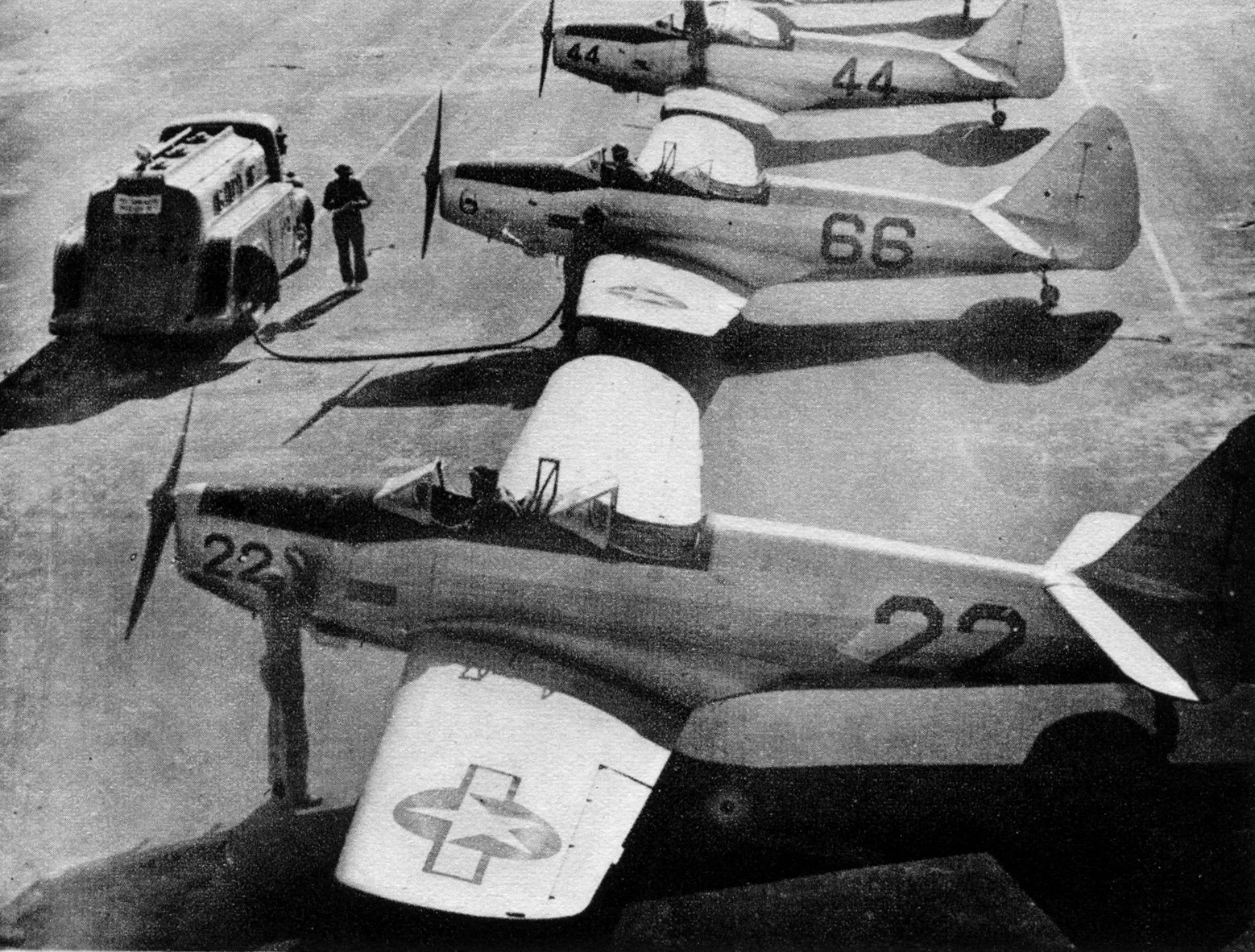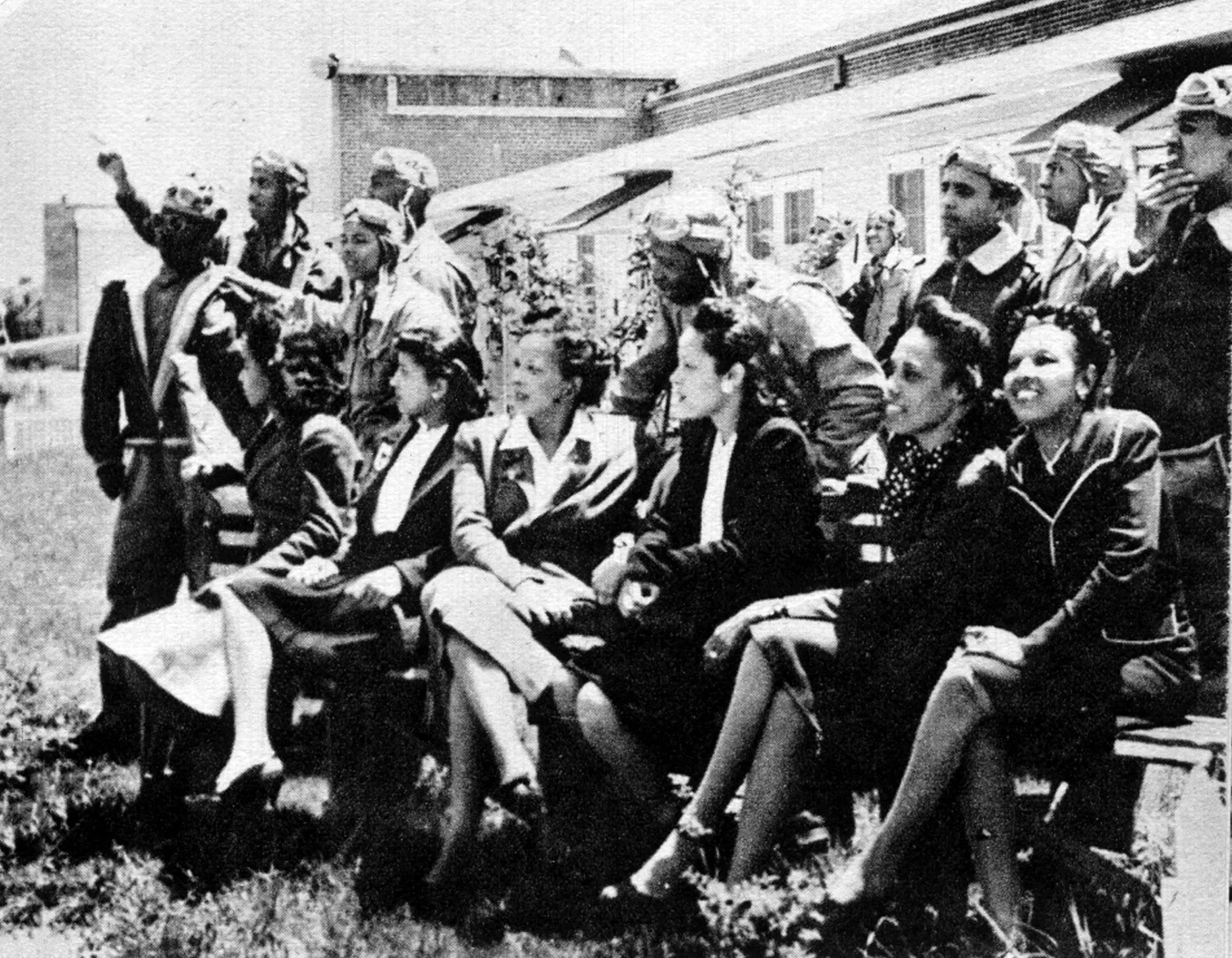
About Us
During the early stages of World War II, the War Department decided to create a Negro flying unit to determine if African Americans were capable of combat aviation. The men of these first military aviation units came to be known as the Tuskegee Airmen. They fought racism at home and the enemy abroad. Their outstanding performance in combat was one of the factors that led President Truman to promote equal opportunity in the military, an early step towards desegregation of U.S. society as a whole.
The Tuskegee Airmen Wives Tell Their Stories project brings to the public arena for the first time, stories of the women who stood shoulder to shoulder with the airmen. This is the first systematic collection of the women’s stories. Although some of the women are mentioned in their husbands’ biographies, here, for the first time, the experiences of these brave and capable women are recorded in their own words.
As young women, some lived in the segregated town of Tuskegee during the men’s training. Many were separated from their husbands by the war. When the Air Force desegregated in 1949, the Negro units at Lockbourne Air Force Base were disbanded and personnel re-assigned throughout the U.S., Europe, and Asia. Consequently, the Tuskegee Airmen wives were among the first to experience institutional desegregation in the United States. Each day they navigated alien territory, yet sent husbands off to work, sent children off to school, and maintained their households. Theirs was a quiet revolution, with far-reaching consequences. The U.S. military is, even today, one of the most integrated elements of U.S. society, due in no small part to the men and women who were part of the Tuskegee Airmen experience.
The Tuskegee Airmen Wives Tell Their Stories oral history project was developed in close cooperation with the Tuskegee Airmen Wives Auxiliary of the East Coast Chapter of Tuskegee Airmen, Inc. (ECCTAI). The stories of sixty-one women have been recorded. Excerpts from these interviews are being gathered into a book to provide a permanent and accessible record of significant events relating to education, health care, social and family relationships, finances, parenting, employment, and race relations, told in the women’s own words.
The Tuskegee Airmen Wives Tell Their Stories project has been supported by contributions from interested individuals like yourself as well as from The Tuskegee Airmen Wives Auxiliary, ECCTAI; the Humanities Council of Washington, DC; the National Endowment for the Humanities; The Thanks Be To Grandmother Winifred Foundation; General Harry W. Brooks and the Freedom Forum; and ECCTAI. Part of book sale proceeds will be donated to ECCTAI to support its Education Assistance and Youth in Aviation programs.


